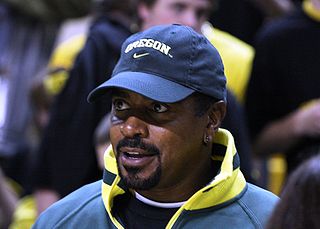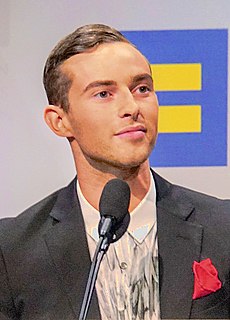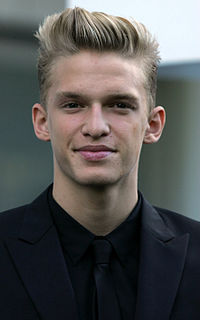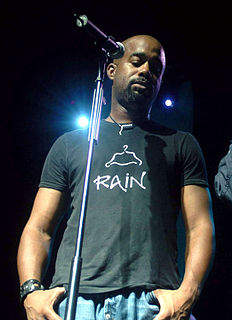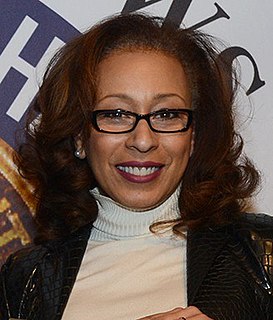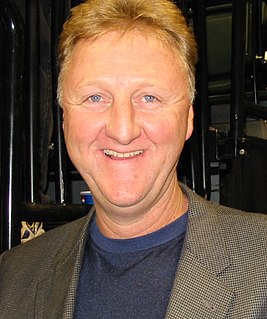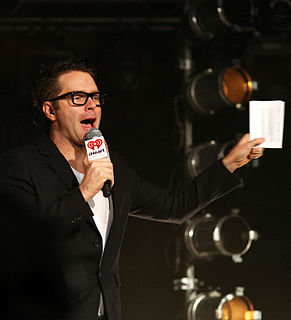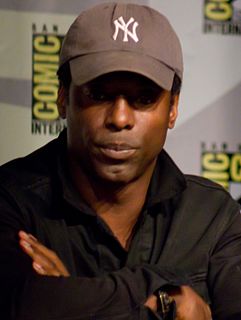A Quote by Ahmad Rashad
I wanted to represent African-American athletes in a better way than what I saw when I grew up.
Related Quotes
My earliest memory of the Olympics was watching the 1996 Games in Atlanta. I remember everyone being so excited to watch. Seeing the American athletes on the podium, I saw myself. I knew that that was what I wanted to do. I wanted to be one of those athletes on the podium representing their country and bringing home medals.
On the mission I brought a flag from China, I brought the stone sculpture from Hong Kong, and I brought a scroll from Taiwan. And what I wanted to do is, because as I was going up and I am this Chinese-American, I wanted to represent Chinese people from the major population centers around the world where there are a lot of Chinese people. And so, I wanted to bring something from each of those places and so it really wasn't a political thing and I hope people saw it that way. I was born here, I was raised in the U.S., and I'm an American first, but also very proud of my heritage.
Growing up where I grew up, we looked to athletes. They were our first heroes. They came from the same places we came from. I mean, you can't watch TV and see someone who is successful that you can really relate to. That person isn't real; he doesn't exist. But athletes traveled the world, had these big houses and gave their families a better life.
I grew up on particular movies that said something to me as a kid from Missouri, movies that showed me places I'd yet traveled, or different cultures, or explained something, or said something in a better way than I could ever say. I wanted to find the movies like that. It was less about a career than finding the films I wanted to see.
